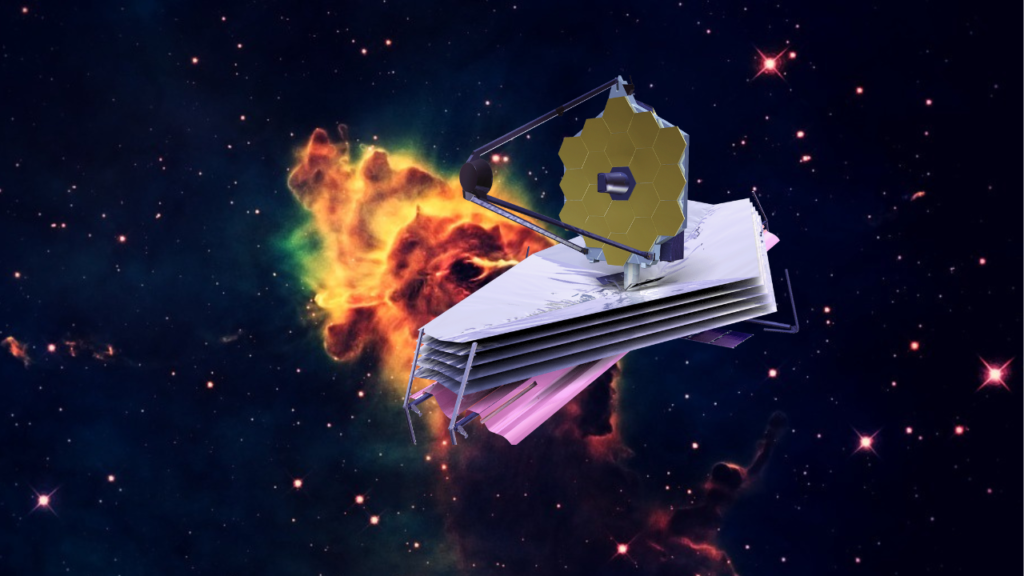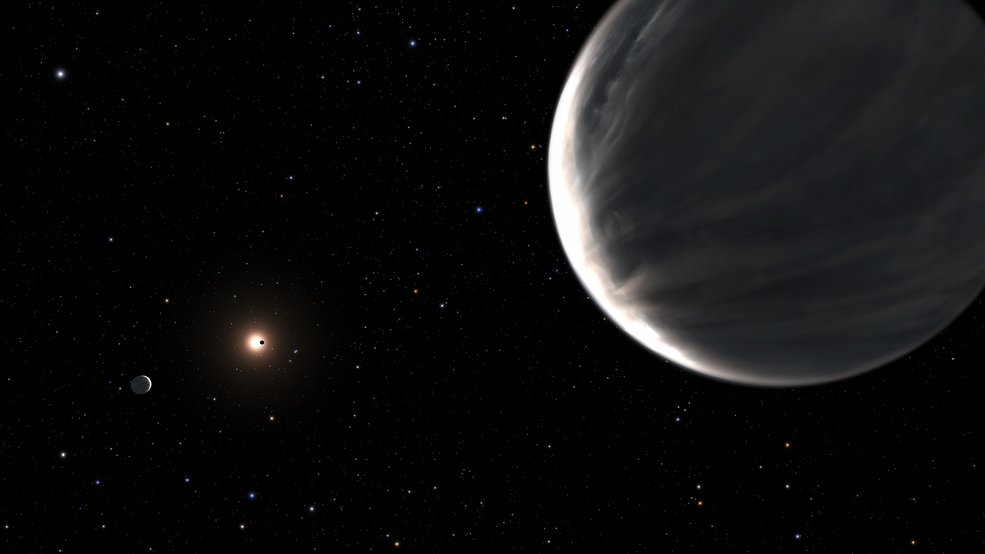Starlink is the name of a satellite network developed by the private spaceflight company SpaceX to provide low cost internet to remote locations.
A Starlink satellite has a lifespan of approximately five years and SpaceX eventually hopes to have as many as 42,000 satellites in this so called megaconstellation.
The current V2 Starlink satellite version weighs approximately 1,760 lbs 800 kilograms at launch, almost three times heavier than the older generation satellites weighing in at 573 lbs or 260 kg, according to Spaceflight Now.
As of March. 28, 2025, there are 7,135 Starlink satellites in orbit, of which 7,105 are working, according to Astronomer Jonathan McDowell, who tracks the constellation on his website.
The size and scale of the Starlink project concerns astronomers, who fear that the bright, orbiting objects will interfere with observations of the universe, as well as spaceflight safety experts who now see Starlink as the number one source of collision hazard in Earth’s orbit.
In addition to that, some scientists worry that the amount of metal that will be burning up in Earth’s atmosphere as old satellites are deorbited could trigger unpredictable changes to the planet’s climate.
Starlink satellites orbit approximately 342 miles 550 kilometers above Earth and put on a spectacular show for observers as they move across the sky.
This show is not welcomed by all and can significantly hinder both optical and radio astronomical observations.
You don’t need any special equipment to see Starlink satellites as they are visible to the unaided eye.
The satellites can appear as a string of pearls or a train of bright lights moving across the night sky.
Starlink satellites are easier to see a day or two after their launch and deployment then become progressively harder to spot as they climb to their final orbital height of around 342 miles 550 km.
Source: https://www.space.com/spacex-starlink-satellites.html



